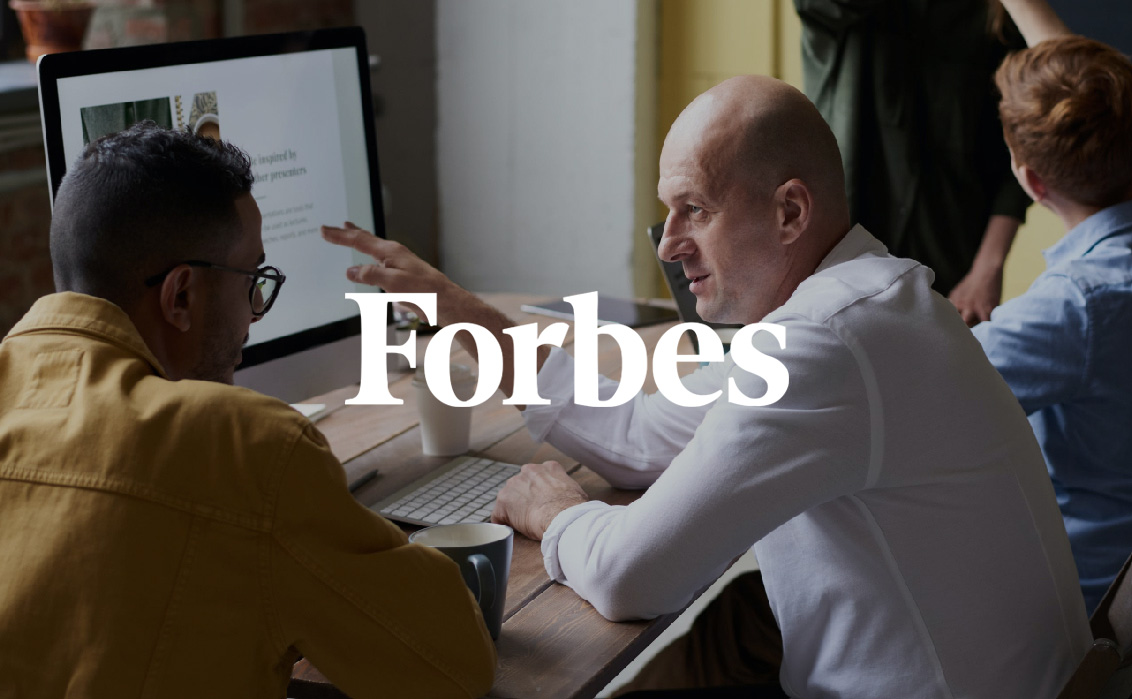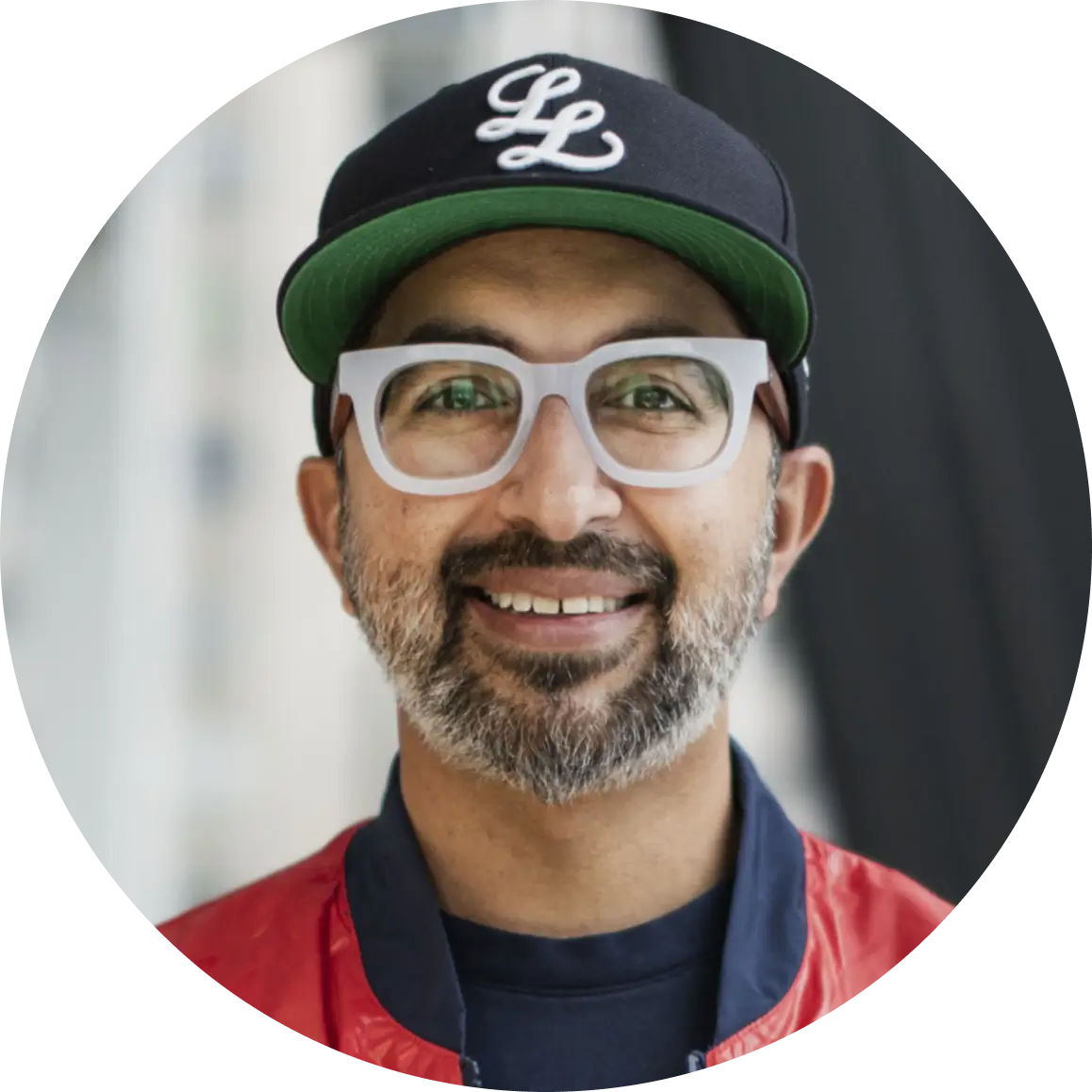This post was originally featured on Forbes.
Challengers Change Society For The Better
Over the past year, Covid-19 has changed the way we approach business, both financially and on a human level. It widened the gap between the innovators and the laggards and threw a harsh light on our morality. Paired with global events of political unrest, society’s rally against systemic racism and environmental disruptions this period has shown, more than ever, businesses have a role to play in making a difference.
In June of 2020, Edelman published its Trust Barometer Special Report, which showed that 74% of consumers believe a brand’s impact on society is the reason brand trust has become so important. Pair that with the fact that 80% state they want brands to “solve society’s problems” and more than 63% say brands are a protector, and you start to draw a picture of the impact both brands and brand leaders have on wider society.
As we start to move toward a new normal, it’s time to examine how you’re doing business and ask yourself how you’re changing our society for the better. As you do, the following are five notions you can and should be challenging:
Mediocrity
Everything you do should challenge the ordinary or status quo. Unpick your business model to determine whether you can deliver more for less, develop a pricing plan that champions accessibility or innovate to provide a product or service that meets a consumer’s unmet needs. Consumers “hire” products and brands to fulfill a certain job or need. Ask yourself the tough questions so you can figure out yours.
Assumptions
No matter what it is, Challenger thinking is more than sharing a statement of support. It’s about questioning assumptions, breaking down barriers and making foundational changes from the inside to shape the future you want to see on the outside. Rather than focusing on initiatives that prompt short-term capital gain, strategize for the long-term benefit of people and the planet. Fight smarter, launch initiatives that destigmatize important issues and look for ways to make the most of your advantages.
Homogeneity
Grouping anything homogeneously stifles potential. Whether it’s actually understanding your customer and employee base relative to your defined target and analytics or exploring nuances that exist within subsets of age, gender, ethnicity or region, there are plenty of opportunities to explore why your brand differs. Do people see themselves in your brand and how? Does your website, social media or ad output feature a homogenous group? How diverse is your marketing team, and how is that (or lack thereof) impacting marketing efforts? Start by understanding your audience, engage in market research and experiment with new approaches.
Waste
We’re living in an environmental crisis. In 2020, the amount of carbon dioxide in the atmosphere reached record levels. While we all saw news stories hailing the positivity of lockdown on the planet, they’ve since been described as “a tiny blip on the long-term graph.” As business leaders, we all have a part to play in sustainability and fueling a circular economy. Explore ways you can revolutionize your packaging, your supply chains and your educational stance online.
Injustice
Discomfort is a breeding ground for Challenger thinking. The next time you feel uncomfortable about how an event is playing out or by the idea that a conversation isn’t happening when it should, let that discomfort grow so you can act on it. Understand your position, acknowledge your privilege and take a stand by engaging in tough discussions.



